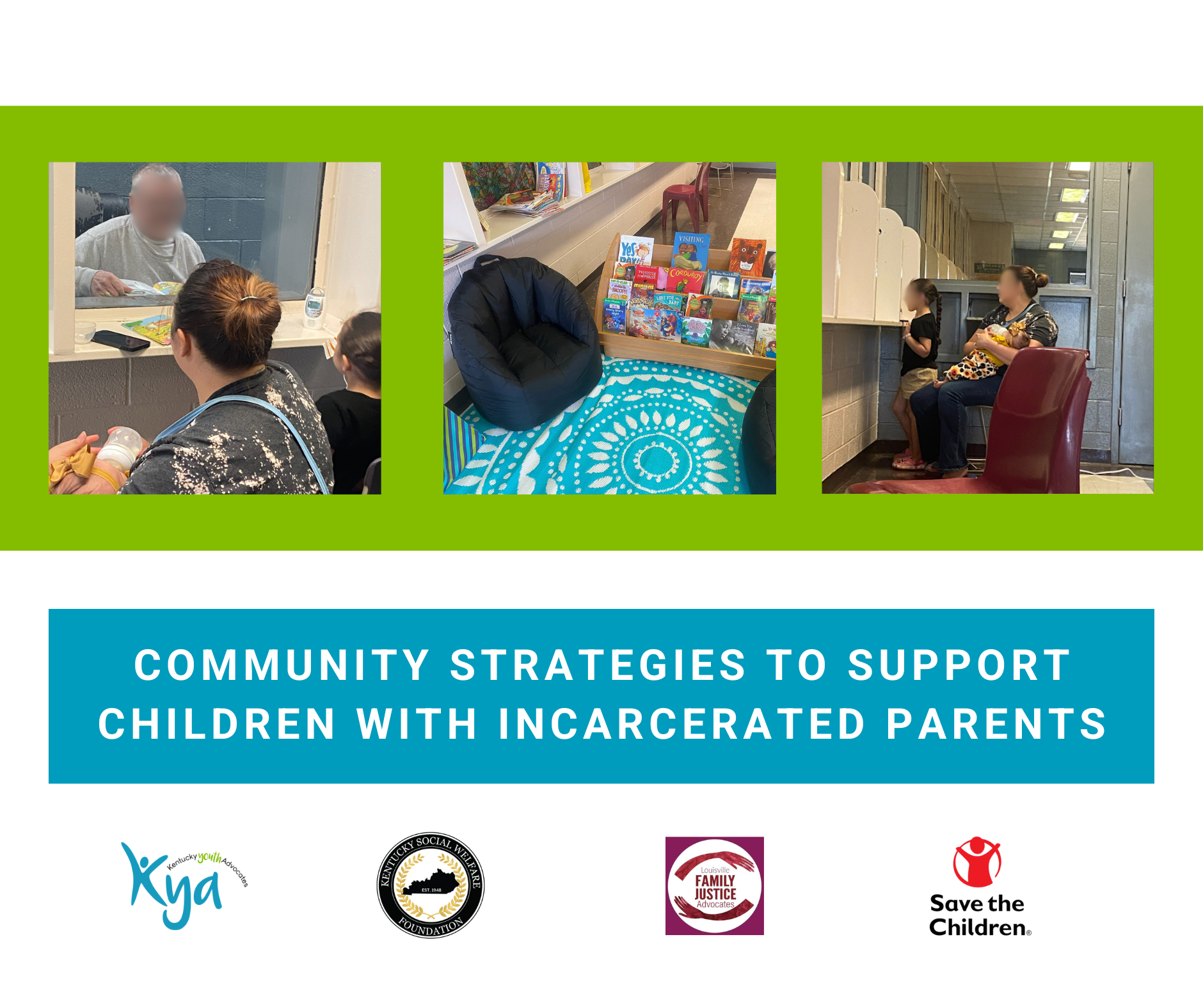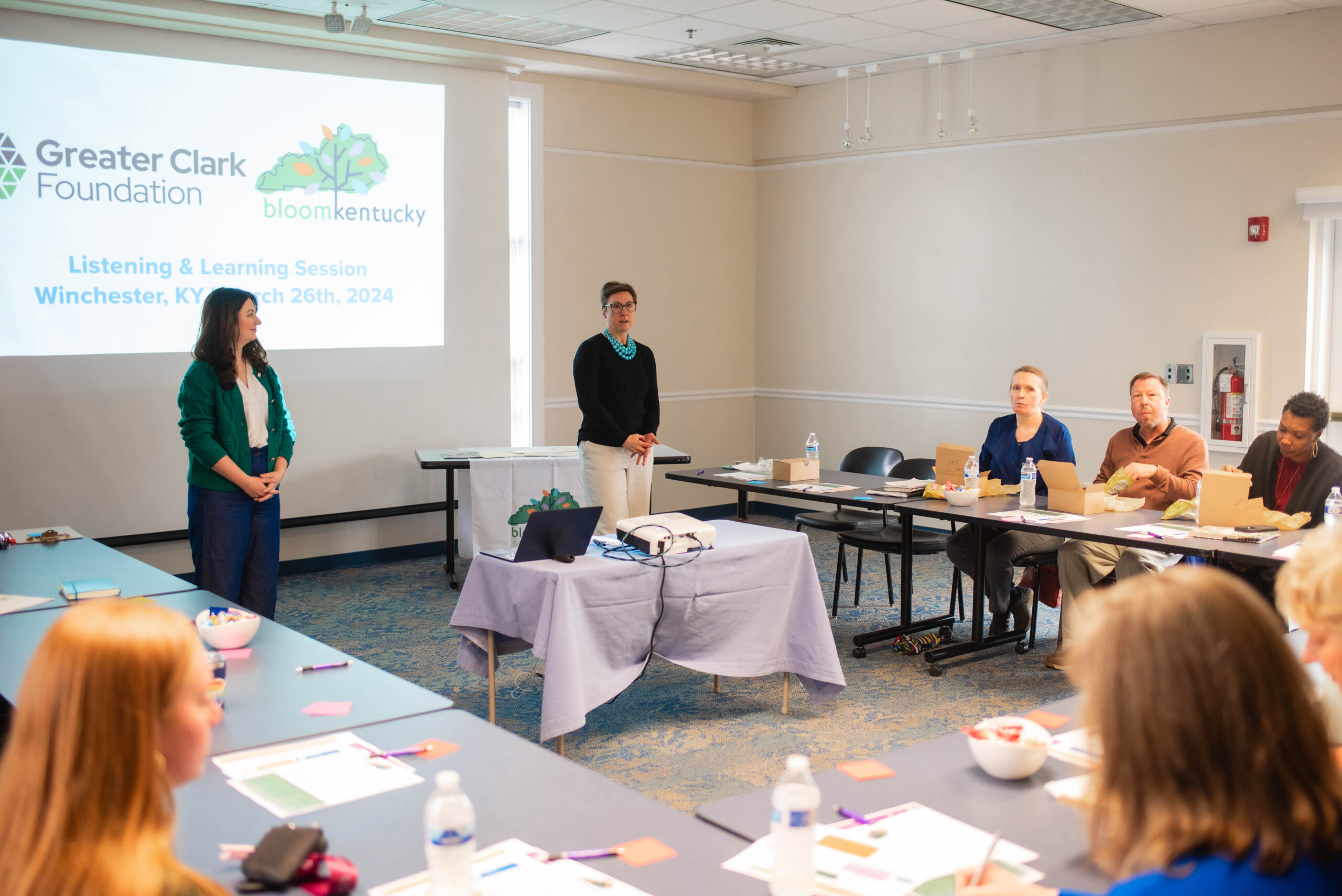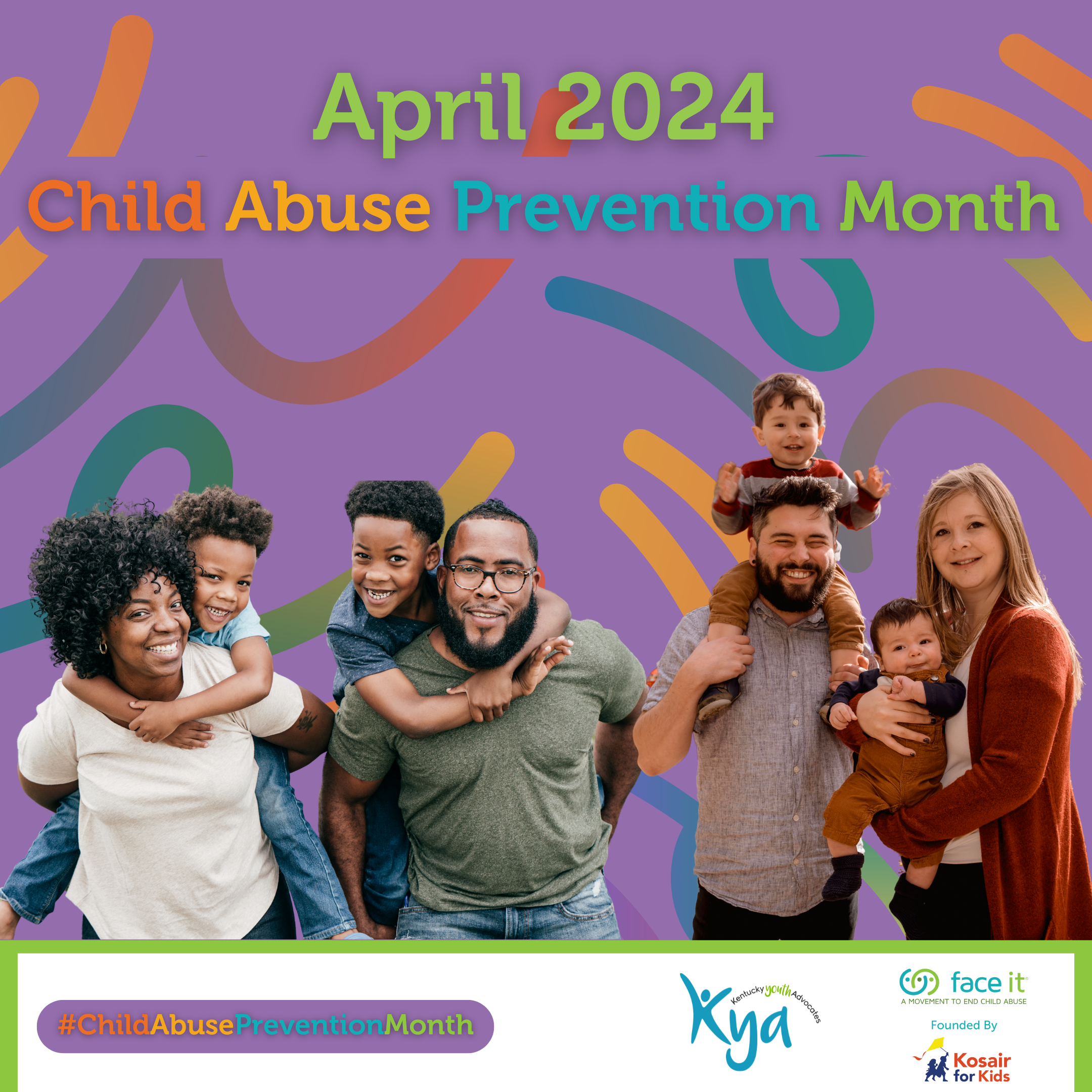 It’s the time of year where the weather is beginning to warm up and we start looking forward to all of our favorite summer activities. Even though kids will still be in school for a few more weeks, it is also the time where we begin to make plans for summer camps and child care.
It’s the time of year where the weather is beginning to warm up and we start looking forward to all of our favorite summer activities. Even though kids will still be in school for a few more weeks, it is also the time where we begin to make plans for summer camps and child care.
As a child I had the opportunity to attend local camps for sports and music. I have many positive memories from my experiences at those camps and am lucky I was able to attend summer activities staffed by adults whose priority it was to ensure a safe and fun experience for those involved.
Whether the camp curriculum involves sports, art, academics, or all three, here are some vital questions —beyond schedule and activities—every caregiver should consider before committing to a summer camp:
- How are staff and volunteers screened?
It is important to know the types of qualifications and certifications the camp requires for staff and volunteers. Camps, especially those with outdoor activities, should have staff who are qualified to perform First Aid and CPR to ensure your child is safe.
- Are criminal background checks, child abuse and neglect registry checks, and sex offender registry checks performed before hiring staff and volunteers? Often we think about summer camp safety involving sunscreen, water safety, and the buddy system, but it is important to ask background questions about the staff who will be working with your child.
- What is the ratio of staff to children? Recommended ratios are one senior counselor for every six children under the age of 6; one for every nine children between the ages of 6 and 7; and one for every twelve children who are 8 years old and above. For overnight camp you should make sure that there is one senior counselor for every six children age 7 or under, and one for eight children that are 8 years old and above.
- What are the protocols for children working one-on-one with adults? According to Darkness 2 Light, a child sexual abuse prevention program, an organization or summer program should have a clear policy for isolated, one-on-one situations. In situations where adults and children are participating in one-on-one interactions, the activity should be observable and interruptible. For example, if a child and adult are meeting behind a closed door, there should be an unobstructed window in the door. Clear policies keep children safe and benefit staff.
- What types of training do staff members undergo to keep children safe? All staff should be trained on fire safety and how to respond in an emergency situation, like allergic reactions or severe weather. It is also recommended that staff to be trained to recognize the signs of child physical and sexual abuse and neglect and know how to report it. Staff and volunteers should be know how to appropriately discipline children and ensure other staff follow these practices as well.
- How does the organization handle conflicts between campers? Disagreements are natural and can be used as a learning experience. If conflicts arise and are not addressed, it could detract from the enrichment gained from camp activities or even lead to bullying. It is important to know how conflicts are handled and what type of behavior warrants a call to the parents.
Summer camps are supposed to be fun, safe, and enriching experiences. Don’t be afraid to ask questions that come to mind to put your mind at ease and feel confident your child is in a safe, positive environment.
**The content of this blog was inspired by an article written by Mary L. Pulido, PhD, the Executive Director of New York Society for the Prevention of Cruelty to Children, the first child protective agency in the world. Read this post, and many others here.






Leave A Comment